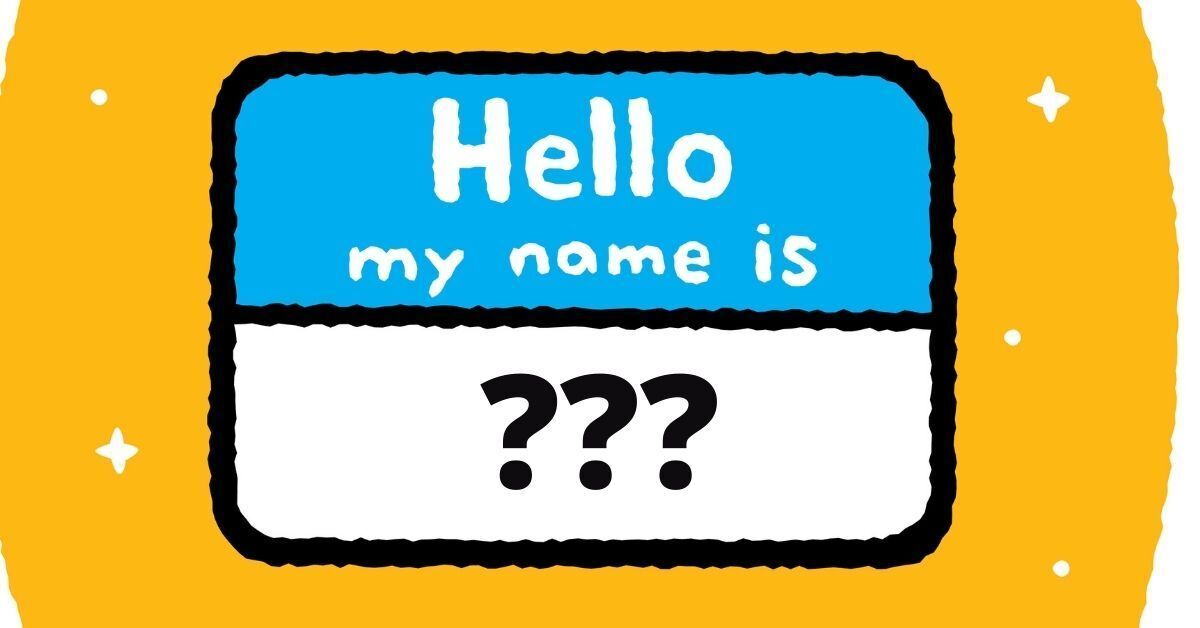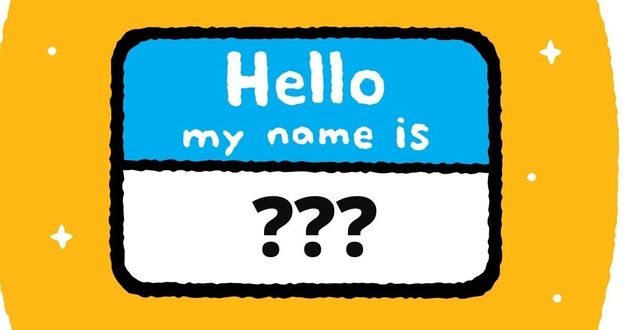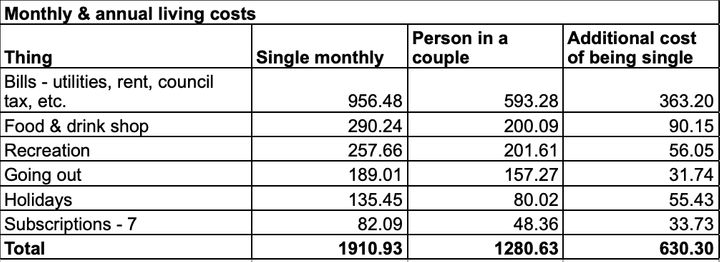Throughout your career, you will encounter difficult co-workers who drain you, bore you and annoy you. But a narcissistic co-worker is one of the worst types to deal with.
They are insecure and cannot handle criticism. They can make their failures seem like they’re your responsibility, hurting your self-esteem to boost their own. And according to Marie-Line Germain, a professor of human resources and leadership at Western Carolina University and author of “Narcissism at Work: Personality Disorders of Corporate Leaders,” narcissists often find “safe havens” in the workplace.
“They very often end up in very top positions in organizations because they are smart, they are able to manipulate others,” Germain said. “The workplace is perfect for that. If they do well, they will be recognized. They will get a promotion. They will be looked at as prestigious. That’s not necessarily something they can get from their personal relationships.”
According to the American Psychiatric Association, the symptoms of narcissistic personality disorder can include an inflated sense of self-importance, fantasies of perfection and superiority, a sense of being special and unique, a need for praise and attention, a strong sense of entitlement and a tendency to exploit others.
It’s important to note that it’s up to trained professionals to make an official diagnosis, but knowing how a narcissist operates can help you learn to set hard boundaries when you’re forced to team up for a project with someone who seems to fit the profile.
Here are the big differences between a co-worker with a need for admiration and high confidence in their abilities and a co-worker who’s exhibiting narcissistic traits:
1. Confident colleagues are OK with others being the center of attention. Narcissists always have to have the last word.
Perpetua Neo, a psychologist and executive coach who works with people who have dealt with narcissistic abuse, said that a need to steal your thunder is a hallmark trait of narcissism in self-aggrandizing co-workers. They may talk over you or interrupt you frequently, she said.
Confident colleagues can celebrate your success and want to see their co-workers shine, while a narcissistic colleague will insert themselves into “any topic, even if it is completely irrelevant, and they will hijack and make it about them,” Neo said.
2. Narcissists are charismatic charmers — until your relationship no longer serves them.
At the beginning of a work relationship, narcissists are good at impressing and manipulating their targets to feel like the center of attention, Germain said. But when you stop helping them feel superior and important, don’t be surprised if you see a sudden change in their attitude toward you, even if it’s months or years later.
“You may feed their needs, so there is no need for them to display any of those negative signs,” Germain said. “It’s when trouble brews for them that they start showing all of the negative behaviors.”
3. They believe the ends justify the means, and display a consistent lack of empathy to colleagues.
Germain finds the lack of empathy to be a cornerstone of narcissism, one that distinguishes narcissistic co-workers from merely confident ones. They do not care if their success comes at your expense, and they may steal your ideas.
“They will do anything for that prestige, that power,” Germain said. “It doesn’t matter if they have to steal your ideas to appear as brilliant.”
“NPD individuals have a difficult time understanding the feelings of other people, if they even care to understand them,” she said, because “they are on a relentless hunt to guarantee their own narcissistic supply of attention, of approval, prestige, admiration, understanding, encouragement, power, perfection, money, sometimes even beauty.”
This lack of empathy can also manifest as selfishness, disregard and a lack of compassion for other people. Narcissistic types can use their power to belittle and harass you.
They may display disregard, in particular, when your repeated attempts to set “hell no” boundaries are not honored, Neo said.
“They will take every chance to erode upon your boundaries,” she said. “Trample upon [your boundaries] so that they can lower the bar at every successive attempt and train you to put you in your place, so that you… play the role that you are smaller and a lot more deferential to them.”
4. They can’t handle criticism.
Narcissistic colleagues don’t reflect on or own up to mistakes. They lash out when they hear negative feedback, because the way they perceive it, “you are not just criticizing their work, you are criticizing their self-worth,” Germain said.
They make you feel small to make themselves feel big. If a person loses control and gets angry at you for offering some constructive criticism, that’s a red flag for narcissism, she said.
5. Narcissistic co-workers believe you’re either with them or against them.
There is no neutral ground with narcissistic colleagues.
“They have a very dichotomous approach to life. It’s all or nothing. It’s either good or bad. You’re either a winner or loser,” Germain said. “They don’t do well with defeat.”
If you support a narcissistic co-worker, you are on their good side. “But the day you criticize them, the day you no longer support them… then you will cross over to the enemy side,” Germain said.
To deal with a narcissistic co-worker, do your best to limit your interactions.
Luckily, unlike with narcissistic bosses, narcissistic co-workers have less direct control over your career. But they can still mount smear campaigns and wreck your work experience if they see you as an enemy. Here are some tips on how to deal:
Withdraw. You have every right to set boundaries, even if a narcissist tells you otherwise, Neo said. Germain recommended limiting the attention and praise you give a narcissist.
Narcissists want you to engage with them and lose your temper. Sometimes, the best option for how to deal with one is to limit your interactions as much as possible.
“They love to see people lose their cool. Part of it is a power play. Part of it is a bit of sadism. They want to make you look like a loose cannon, so they can tell you in the future that you are being sensitive and difficult,” Neo said. “Don’t try to hold them accountable all the time. Accountability is what gets you suckered in.“
Document your own contributions. Narcissists are likely to throw you under the bus, so it’s important to keep track of your accomplishments on projects. “You may have to justify your own contributions. It’s sad, but it’s true,” Germain said. She recommended looping people in on certain emails and communications to increase the visibility of your contributions if you’re forced to work with a narcissist on a project.
Go to HR with the narcissistic abuse, and consider an exit strategy if necessary. If the narcissist is berating and belittling you, and you are losing sleep over it, you should take it to human resources, Germain said.
Unfortunately, narcissists tend to be high performers who are often valued by their organization. If a move to a different team is not possible, or if you feel like your complaints are not being heard, Germain recommends job-hunting elsewhere.
“It’s really hard to imagine that you as the victim need to leave, but that’s a self-protective tactic,” she said. “You need to remain proactive by not only recognizing the damaging facets of the NPD person on your work, but also on your well-being. Well-being must remain your focus.“
Lean on your support system outside of work. Germain said narcissistic co-workers are good at gaslighting you into feeling like you are the problem, so it’s important to find a sounding board with a loved one or a therapist who can help you see that “there is nothing wrong with you,” she said.


























